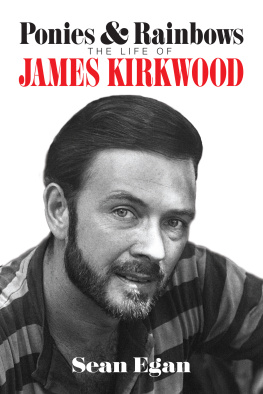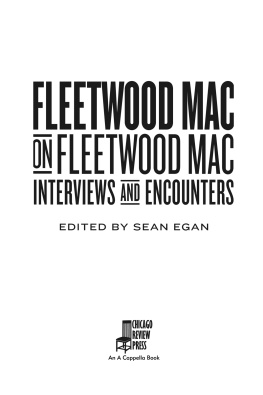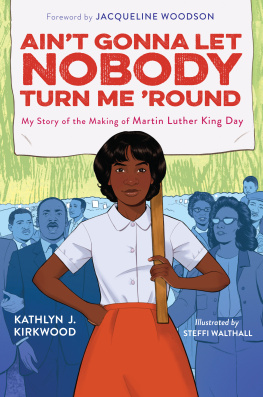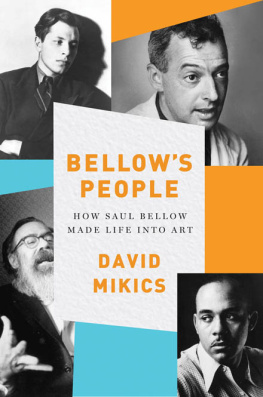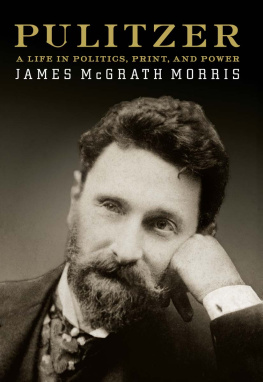Acknowledgments
My grateful thanks go to the people who agreed to be interviewed or provide quotes for this book: Gary Beach, Mildred Beach, Arthur Beckenstein, Vasili Bogazianos, Ned Bullock, Ira Cirker, Ross Claiborne, Arthur Cormier, Bob Cromling, Carole DeSanti, John Desmond, Dick Duane, Bruce Eggler, Nick Ellison, Ahmet Ertegun, Trish Garland, Bill Gile, Patti Goldstein, Esther Weber ne Hamula, Rupert Hitzig, Matt Hoopes, Louis Ivon, Lucille Macaolino ne Jutras, Milton Katselas, Terence Kilburn, T. Michael Kirkwood, Richard Kluger, Larry Kramer, Arthur Laurents, Baayork Lee, Jim Marrs, Vivian Matalon, Donna McKechnie, Terrence McNally, Benjamin Morrison, Andrew Morse, Lila Lee Nichols ne Tufford, Donald Oliver, Jerry Paonessa, Jim Piazza, Ronald Plotkin, Homer Price, Donald Roberts, William Russo, Ralph Ruth, Richard Seff, John Shearin, Zachary Sklar, Liz Smith, David Smith, David Spencer, Ben Sprecher, Elaine Stritch, Lomax Study, Dolores Sutton, Jack Sydow, Bob Thixton, Joan Thompson ne Kirkwood, Robert Tufford, Sidney Wasserman and Robert C. Wilson.
In addition to speaking to or corresponding with me, the following people kindly provided me with research material and/or answered email queries: Arthur Beckenstein, Vasili Bogazianos, Ross Claiborne, Carole DeSanti, Bruce Eggler, Esther Weber ne Hamula, Matt Hoopes, Lucille Macaolino ne Jutras, T. Michael Kirkwood, Terrence McNally, Benjamin Morrison, Andrew Morse, Lila Lee Nichols ne Tufford, Donald Oliver, Jerry Paonessa, Jim Piazza, Ronald Plotkin, William Russo, Liz Smith, David Spencer, Sidney Wasserman and Robert C. Wilson.
Because this book took over seven years to complete and because of the advanced age group of most of the interviewees, several of the people listed above sadly never lived to see the results of the time they generously gave. Wherever possible, I have kept references to them in the present tense, mainly so as to make it clear that their quotes were ones specifically provided for this book, but perhaps partly so as to exhibit the sort of defiance in the face of the Grim Reaper that was Kirkwoods forte.
I am also grateful for various pieces of assistance to: Yvonne Sorensen Vefik, Herb Sorensen, Karolyn J. Booth, Ray Lembo, Amy Udovich, Marianne Muellerleile, Barbara Bishop, Nancy Hershon Black, Shirley Richardson, Elisa Lefkowitch, Jennifer Girard and Adam Dixon/the Howard Gotlieb Archival Research Center at Boston University.
Of the all the people listed above, I am particularly indebted to Arthur Beckenstein, who shared the last two decades of James Kirkwoods life. Arthur gave me massive assistance that was selfless on more than one level. He provided me contact information, clippings, DVDs and CDs relating to the subject and granted me the privilege of being the first non-intimate to see Kirkwoods unpublished works and private correspondence. His patient photocopying page by page for the more fragile manuscripts wasnt even the half of his sacrifice. Arthur continued to provide assistance to my project even after the point that it became obvious that some of the information I unearthed would be painful and embarrassing to him. A friend of James Kirkwood and Arthur Beckensteins states in this text that Kirkwood was very lucky to have Arthur. I consider myself very lucky to have had Arthurs assistance and enthusiasm to count on all through this project. I am delighted that the design Arthur provided for this books cover carries on a tradition: he devised the covers for most of Kirkwoods published works in the time he knew him.
Introduction
He belongs to the new group of major American authors who will dominate American letters Gardner, Barth, and Brautigan. They describe human beings alive out there
When Book World gave that ecstatic appraisal of his work upon the publication of his fourth novel Some Kind of Hero in 1975, it seemed that James Kirkwood was well on his way to permanently sealing his reputation as a literary heavyweight. This impression was only underlined by Kirkwoods ubiquity at that juncture. In recent years, Kirkwood had been working on three ambitious and disparate projects, all of which came to fruition within weeks of each other in 1975. In addition to Some Kind of Hero, that year saw the debut of Kirkwoods stage adaptation of his hilarious and critically acclaimed 1972 novel P.S. Your Cat is Dead! A hard-edged but compassionate tale of a man who catches a repeat-burglar in his apartment, ties him up and eventually becomes friends with him, the plays then-unusual gay sex references resulted in a reception filtered through the shock of often staid critics. However, it at least achieved the feat of which every playwright dreams in reaching Broadway. The other Kirkwood project to reach fruition that year was A Chorus Line, a collaboration between Kirkwood, co-writer Nicholas Dante and director Michael Bennett. Unlike many musicals, this show was no extravaganza but small-scale and fairly naturalistic, especially in the way it focused for once not on the big star or success story but on those earning a crust in the somewhat narrow-horizoned world of the anonymous hoofer. It made a modest entre just over a week after the Cat debut, opening off-Broadway at the Newman Theater (max capacity: 299). Two-and-a-half months later, A Chorus Line transferred to Broadway. There was some nervousness among its principals as to whether the power of the play would translate to a large venue. Kirkwood himself, in fact, was one of many who felt that the show lost something when it moved from the intimacy of a smaller space. However, many, many more people thought it just fine in its Broadway incarnation to such an extent that it remained on the Great White Way three months shy of fifteen years. That record has since been surpassed, but the phenomenon status of A Chorus Line is for all time. It wasnt only the public who were enchanted. The play earned Kirkwood a Pulitzer Prize and a Tony Award. It also made him a millionaire.
Some of the tickets for the opening night of A Chorus Line had been bought by Thomas J. Crowell for the publishers staff after Kirkwoods editor there had hit upon the idea of using the show to help publicize Kirkwoods latest novel. Some Kind of Hero received some stunning reviews. The Anniston Star said that it bubbles and rolls with love, meanness, humor and raw life. Cosmopolitan declared, It explodes with cynicism, black humor, sacred and profane sexuality, heartache and humanity. The Chicago Tribune s assessment was, simply, The best book of the year. All in all, 1975 was an annus mirabilis for Kirkwood.
Today, most of James Kirkwoods work is out of print and he is an almost forgotten figure. Although the 2006 reactivations of both A Chorus Line and his 1986 play Legends! may have sparked some revival of interest in his theatre work, that he wrote five novels in his lifetime, four of them critically acclaimed, now seems destined to remain something resembling a secret. Certainly, the idea of him ever again being spoken about in terms of that Book World appraisal are virtually unthinkable.
The critics who loved Kirkwood when he was alive seem to have become embarrassed by their former enthusiasm since his death from AIDS-related cancer in 1989. Kirkwood appears to be viewed with suspicion by the critics who continue to heap praise on the authors with whom he was bracketed by Book World. His work is almost perceived as Literature-Lite, mainly due to the fact that his novels did not groan with solemnity but were instead infused with such a humanity and optimism that the prospect of a new Kirkwood book was always heart-lifting to his devotees. This eternal optimism informed the titles of Kirkwoods first and last novels: There Must Be a Pony! (the title refers to a boy given a bag of manure for his birthday whose sunny nature leads him to assume it means he has been gifted a foal) and Hit Me with a Rainbow (explained Kirkwood, It means hit me with some of the goodies of life). Those who sniff at Kirkwoods joie de vivre are misguided. The buoyant effect of Kirkwoods prose was not achieved through the irritating deployment of rose tints. Kirkwood was able to make his plots grittily realistic even as he depicted protagonists who refused to succumb to any suggestion that things were unsalvageable.

